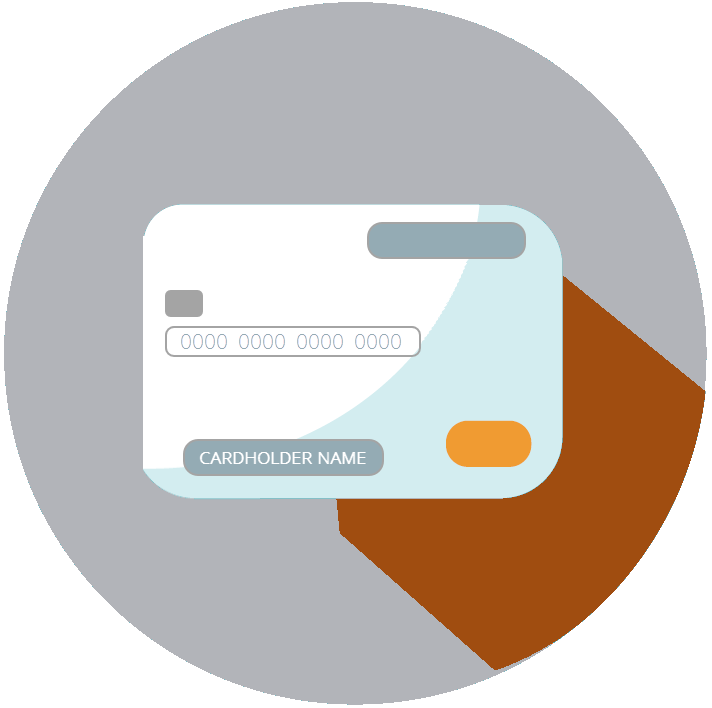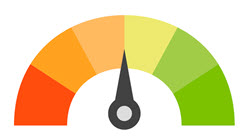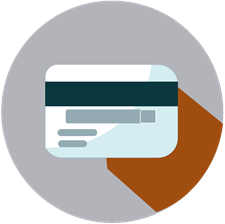about credit Cards
Credit cards are called revolving credit because you borrow money, or make charges, and as you pay the money back, your credit becomes available for you to use again and again. No one card is right for everyone. The terms and conditions for credit cards can vary, so it’s important to learn about the costs for any credit card.
Selecting the right, or best card, is one that works for your personal and financial situation. Consider which cards are accepted where you shop, interest rate, annual fee, balance transfer fees, sign up bonuses, and rewards such as cash back, travel, etc.

HOW CREDIT CARDS WORK
Every time you use a credit card, you’re borrowing money from the bank that issued you the card. You may start a credit card transaction in a store, online, or using an app on your phone.
Once the purchase is approved, the bank credits the business and records the charges to be billed to you, the cardholder. The bank pays the merchant, and you have to pay the bank back, with interest.
CREDIT CARD STATEMENTS
Every month, your credit card company will send you a monthly statement either by mail or email. Each statement will list the details of your account, including outstanding account balance and interest owed.
Statements and statement history can be found online or on your credit card’s mobile app. You may also be able to order prior months’ statements. For more details about Credit Card Statements, visit the Credit Cards – Management resource.

credit cards vs debit cards
Credit cards are different than debit cards. Credit cards act like a loan and are not linked to your checking or savings account. Because a credit card acts like a loan, you are charged interest.
Debit cards are tied directly to your checking account, which will help you control your spending. Both cards can be used at millions of places and are very convenient. Debit cards work differently! When you use a debit card at a store, you may have the option of selecting “debit” and entering your PIN or selecting “credit”. Either way, the money is deducted from your checking account. Heads up some cards charge a fee for use in a foreign country.


